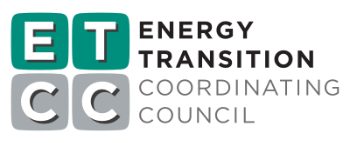Project Info
COMPLETE
Project Title
Multifunction Heat Pump Lab Test – Variable Speed
Project Number ET23SWE0066 Organization SWE (Statewide Electric ETP) End-use Whole Building Sector Residential Project Year(s) 2023 - 2025Project Results
Residential Multi-Function Heat Pumps (MFHP) use one efficient compressor to provide space cooling, space heating, and domestic hot water heating. Variable-speed air-to-air MFHPs can have lower peak power consumption compared to the typical two separate heat pumps, for space conditioning and water heating. This means variable-speed MFHP may enable retrofit electrification without electrical service panel upgrades reducing cost and installation time. This project laboratory tested a 24kBtu/h (7.1kW) rated variable-speed air-to-air MFHP, measuring capacity and energy consumption in all operating modes across a range of outdoor conditions that match California climate zones. At 95℉ outdoor and 80℉ indoor temperatures, the space cooling capacity at full rated compressor speed was 24.8 kBtu/h (7.28 kW) with COP of 3.42, and at intermediate speed was 15.7 kBtu/h (4.60 kW) with COP of 4.32. At 47℉ outdoor and 70℉ indoor return air temperatures, the space heating capacity at full speed was 24.8 kBtu/h (7.28kW) with COP of 3.96, and at intermediate speed was 13.2 kBtu/h (3.83 kW) at a COP of 4.90. At 47°F outdoor, the unit heated water from 65 to 120°F in 48 minutes and heated from 65 to 127°F with a capacity of 7.25kW and COP 3.24. The unit achieved an estimated first-hour rating of 86.4 gallons. Heat recovery from space cooling for heating hot water from 110 to 120°F saved an average of 33% of electrical energy compared to separate cycles. Heat recovery mode with 80°F indoor heated the water tank from 65 to 125°F with a combined space cooling and water heating COP of 7.9. The measured results were analyzed to develop performance curves that future projects will use in simulation tools to estimate annual energy savings in multiple types of residential buildings across climate zones.
Project Report Document
Loading PDF Preview...
